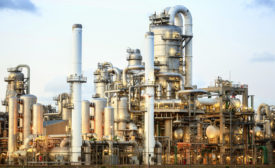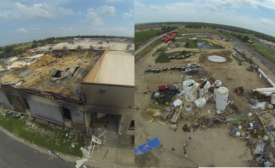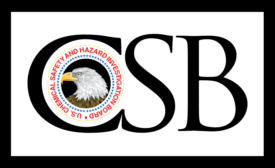Home » chemical industry
Articles Tagged with ''chemical industry''
New certification rolled out for PSM professionals
For engineers in chemical, petrochemical industries
May 31, 2016
Chemical Safety Board wraps up investigation into 2013 West Fertilizer blast
Recommends changes in hazard awareness, land use planning and regulatory oversight
February 1, 2016
Become a Leader in Safety Culture
Build your knowledge with ISHN, covering key safety, health and industrial hygiene news, products, and trends.
JOIN TODAYCopyright ©2025. All Rights Reserved BNP Media.
Design, CMS, Hosting & Web Development :: ePublishing






